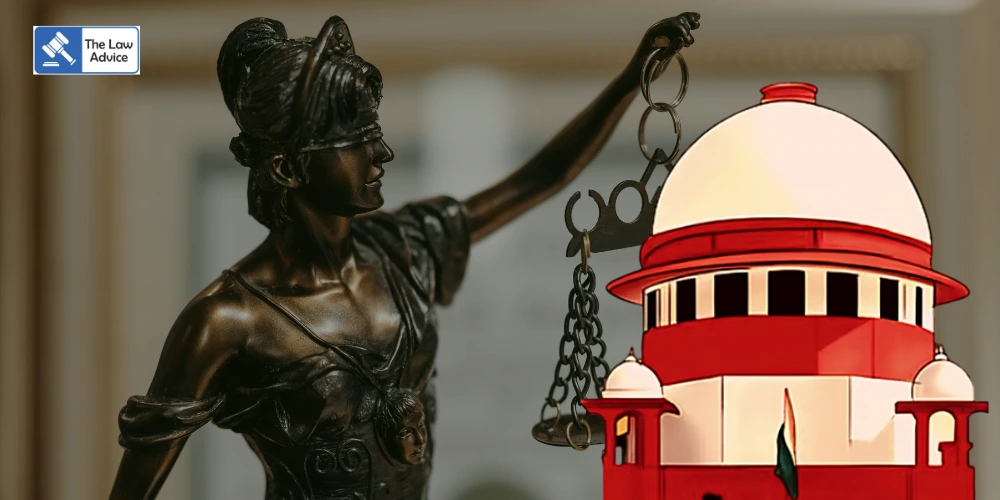The Supreme Court on Tuesday (August 19) delivered a significant ruling on the rights of ad-hoc and daily wage employees, setting aside an Allahabad High Court judgment that had denied the benefit of regularisation to six employees—five Class-IV staff and one Driver—working with the U.P. Higher Education Services Commission since 1989–1992.
A Bench of Justices Vikram Nath and Sandeep Mehta held that the refusal to regularise the appellants solely on the ground that they were initially appointed as daily wagers and that no sanctioned posts were available, was arbitrary and unconstitutional. The Court directed immediate regularisation with retrospective effect from 2002, along with back wages, continuity of service, and all consequential benefits.
The Court emphasised that the State cannot use financial constraints or lack of sanctioned posts as a justification for exploiting employees by keeping them on ad-hoc or daily-wage status for decades despite performing perennial and regular work.
“The State is not a mere market participant but a constitutional employer. It cannot balance budgets on the backs of those who perform recurring public functions. Where work recurs day after day and year after year, the establishment must reflect that reality in its sanctioned strength and engagement practices,” the Court said.
The judgment noted that continued extraction of regular labour under temporary labels not only corrodes confidence in public administration but also offends the guarantees under Articles 14, 16 and 21 of the Constitution.
The Bench cautioned that “ad-hocism” flourishes in administrative opacity. It directed that State Departments must maintain accurate establishment registers, muster rolls, and outsourcing records and be able to justify, with evidence, why precarious labour engagement was chosen over sanctioned posts where work was of a recurring nature.
The Court underlined:
• Financial constraints cannot override fairness and equal protection.
• The State must show alternatives considered before denying regularisation.
• Sensitivity to the human consequences of job insecurity is not sentimentality but a constitutional discipline.
The appellants demonstrated that similarly placed employees in the Commission had already been regularised, while they continued to be treated as daily wagers despite decades of service. Calling this “discriminatory and inequitable”, the Court held:
“Selective regularisation in the same establishment, while continuing the appellants on daily wages despite comparable tenure and duties with those regularised, is a clear violation of equity.”
The Court reaffirmed that the State, as a constitutional employer, is bound to a higher standard of fairness and cannot deny equal treatment to workers performing identical duties.
The judgment authored by Justice Vikram Nath ordered sweeping remedial measures:
• Immediate regularisation of all appellants with effect from 2002.
• Creation of supernumerary posts where sanctioned posts are unavailable.
• Placement of employees at not less than the minimum of the regular pay-scale with protection of last-drawn wages, if higher.
• Back wages, continuity of service, and consequential benefits including increments.
• Seniority and promotions to be counted from the date of regularisation.
The Court cautioned the State against deliberate delay in complying with judicial directions, stating that failure to regularise perennial workers is not negligence but a “conscious method of denial” that violates dignity and livelihood rights.
By placing reliance on its earlier rulings in Jaggo v. Union of India and Shripal & Another v. Nagar Nigam, Ghaziabad, the Supreme Court reinforced the principle that governments cannot shield behind outsourcing or daily wage arrangements to perpetuate insecurity among workers.
The decision is expected to impact numerous pending cases where long-serving ad-hoc employees continue to struggle for recognition of their service despite decades of employment in public institutions.
Case Title: Dharam Singh & Ors. v. State of U.P. & Anr.
Bench: Justice Vikram Nath & Justice Sandeep Mehta
Date: August 19, 2025
